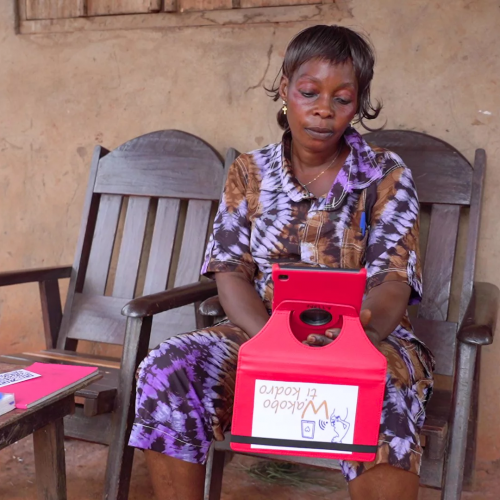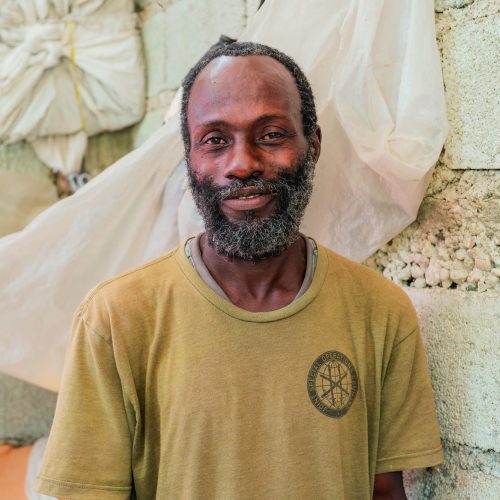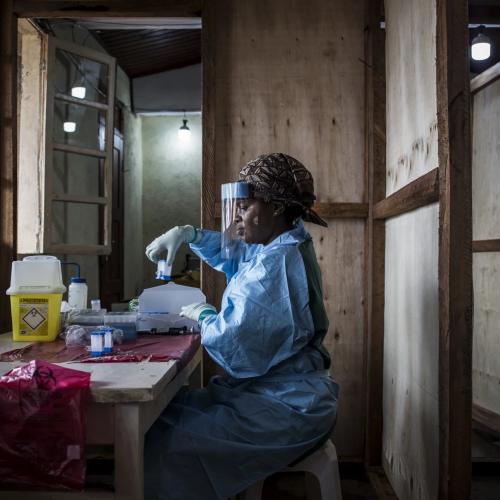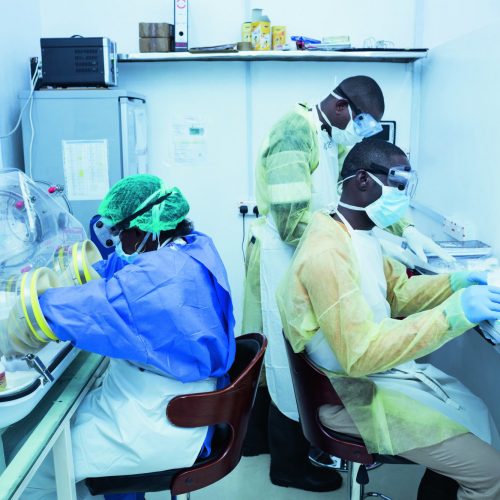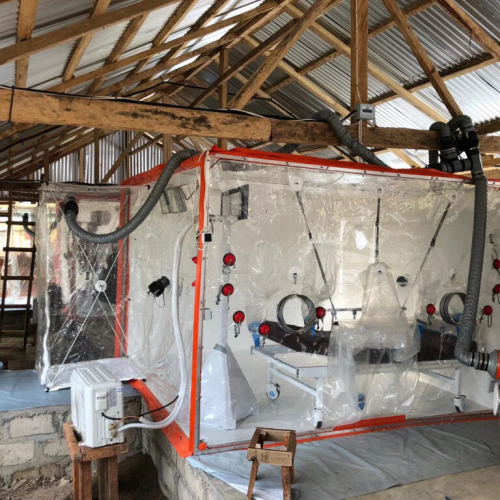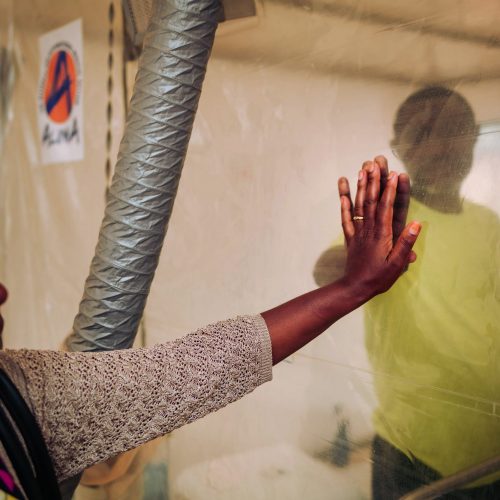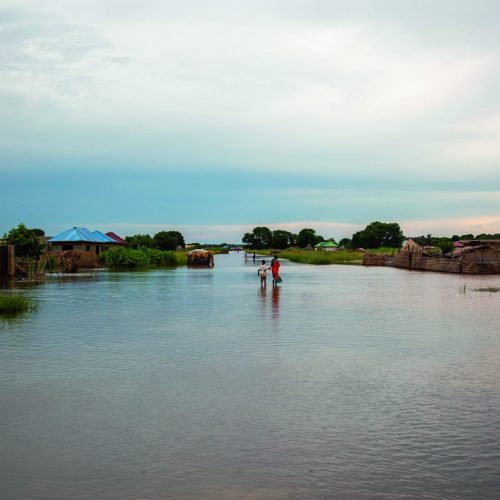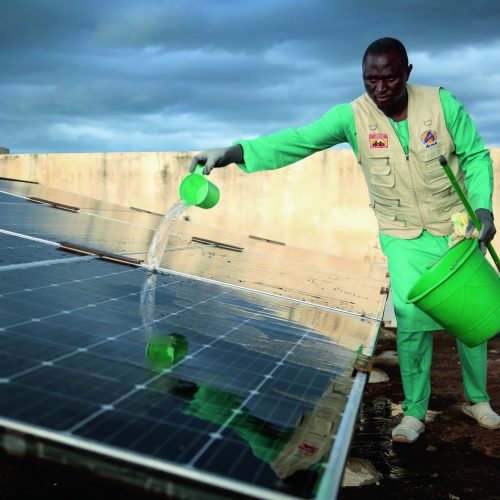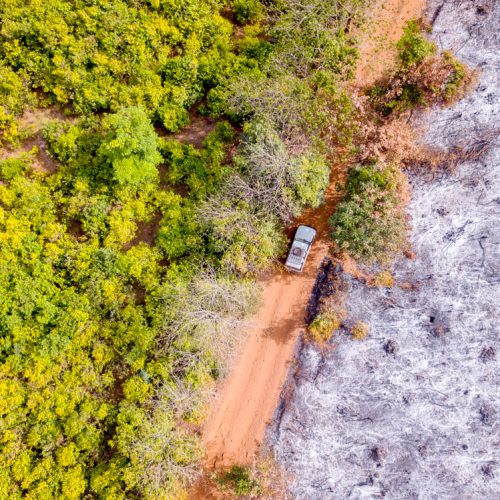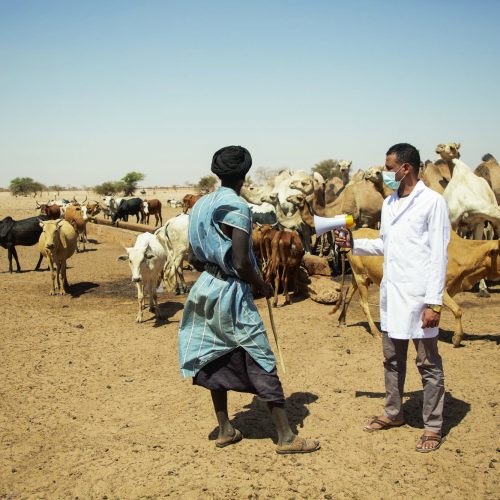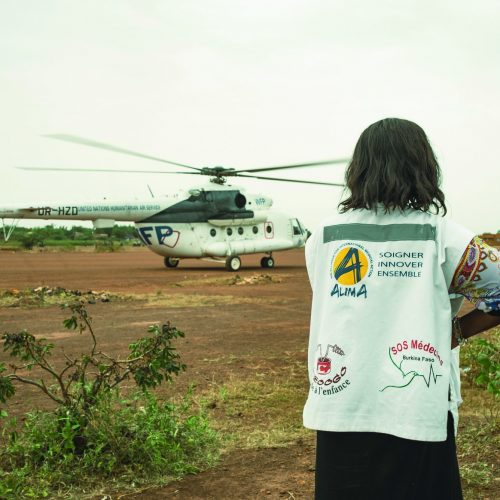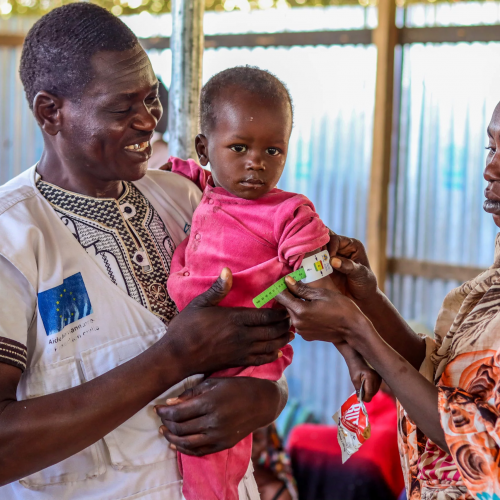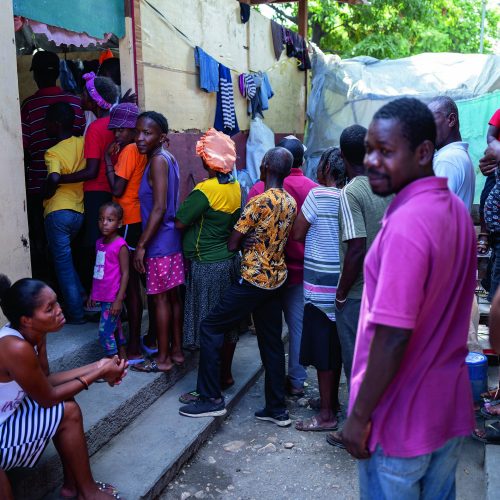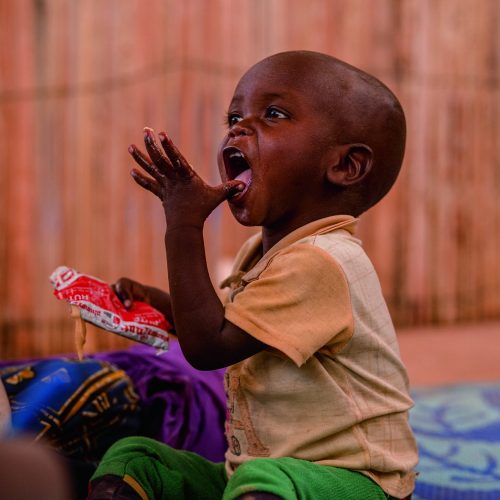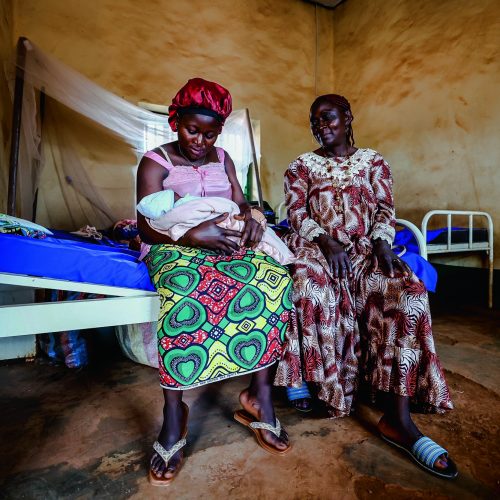Who we are
ALIMA, The Alliance for International Medical Action
© Benita Nnachortam / ALIMA
Our story
The story of ALIMA began in 2009 in Niger. While the entire medical profession witnessed an alarming peak of acute malnutrition and increasing infant mortality rates, the health structures for managing malnutrition were becoming increasingly rare.
In 2008, a year before ALIMA’s founding, many international humanitarian organizations had been expelled from the country. Local groups were the only ones left to act, but they lacked resources. A new model of humanitarian assistance was clearly needed: an African medical alliance connecting national NGOs and international research institutes.
ALIMA was born.
Since then, ALIMA has treated more than 13 million people in 14 countries around the world, mainly in Africa.
1,000,000 3,000,000 6,000,000 8,000,000 10,000,000 11,000,000 12,000,000 13,000,000
patients CARED FOR since 2009
1 2 3 4 5 6 7 8 9 10 11 12 13 14
countries of intervention
1 4 6 8 10 12 14
ongoing research projects
A unique model
An alliance with local operational teams
ALIMA works hand-in-hand with our local partners, an integral part of our governance model.
Our local partners look to their vast experience to create solutions adapted to local or regional contexts. Departing from conventional humanitarian protocols, a network of partner organizations increases the impact of our medical emergency programs, especially in areas of conflict with high mortality rates.
In addition, the majority of our staff are African, representing 95% of all ALIMA employees, at all levels, from country directors to our operational headquarters in Dakar.
Research and Innovation
Only 3% of international research projects are focused on low-income countries, yet they are home to the largest proportion of people in need of humanitarian aid.
Because our mission goes far beyond treating patients and saving lives, innovation and medical research are at the heart of our actions to find lasting solutions to complex medical crises.
We aim to implement innovative projects to meet the challenges of 21st century humanitarian medicine.
The ALIMA charter
ALIMA’s purpose is to save lives and to care for the most at-risk communities, without any discrimination based on identity, religion or political affiliation. Our actions rely on proximity, innovation, and the alliance of organizations and individuals.
We act with humanism, impartiality and with the respect of universal medical ethics.
ALIMA’s key dates
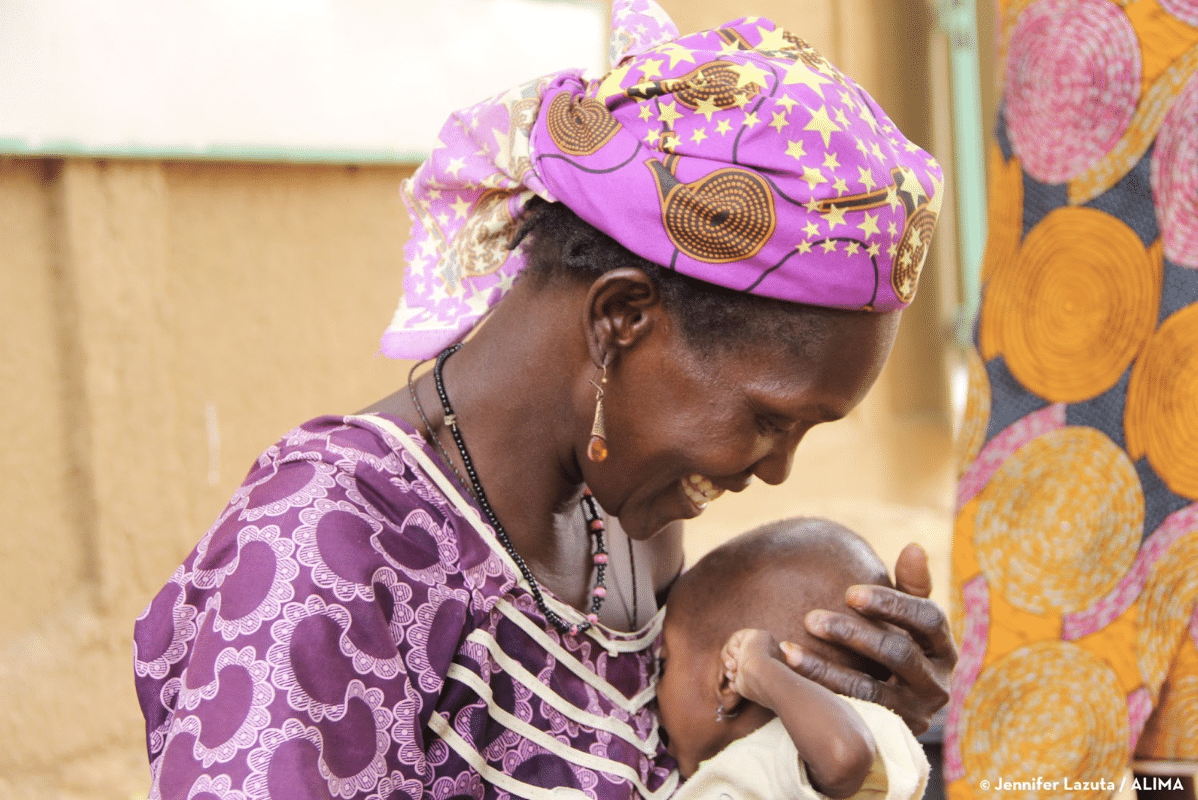
Opening of ALIMA’s first project for the treatment of severe acute malnutrition with our Nigerien partner, the local NGO BEFEN (Bien Être de la Femme et de l’Enfant au Niger/Well-Being of Women and Children in Niger)
© Jennifer Lazuta / ALIMA
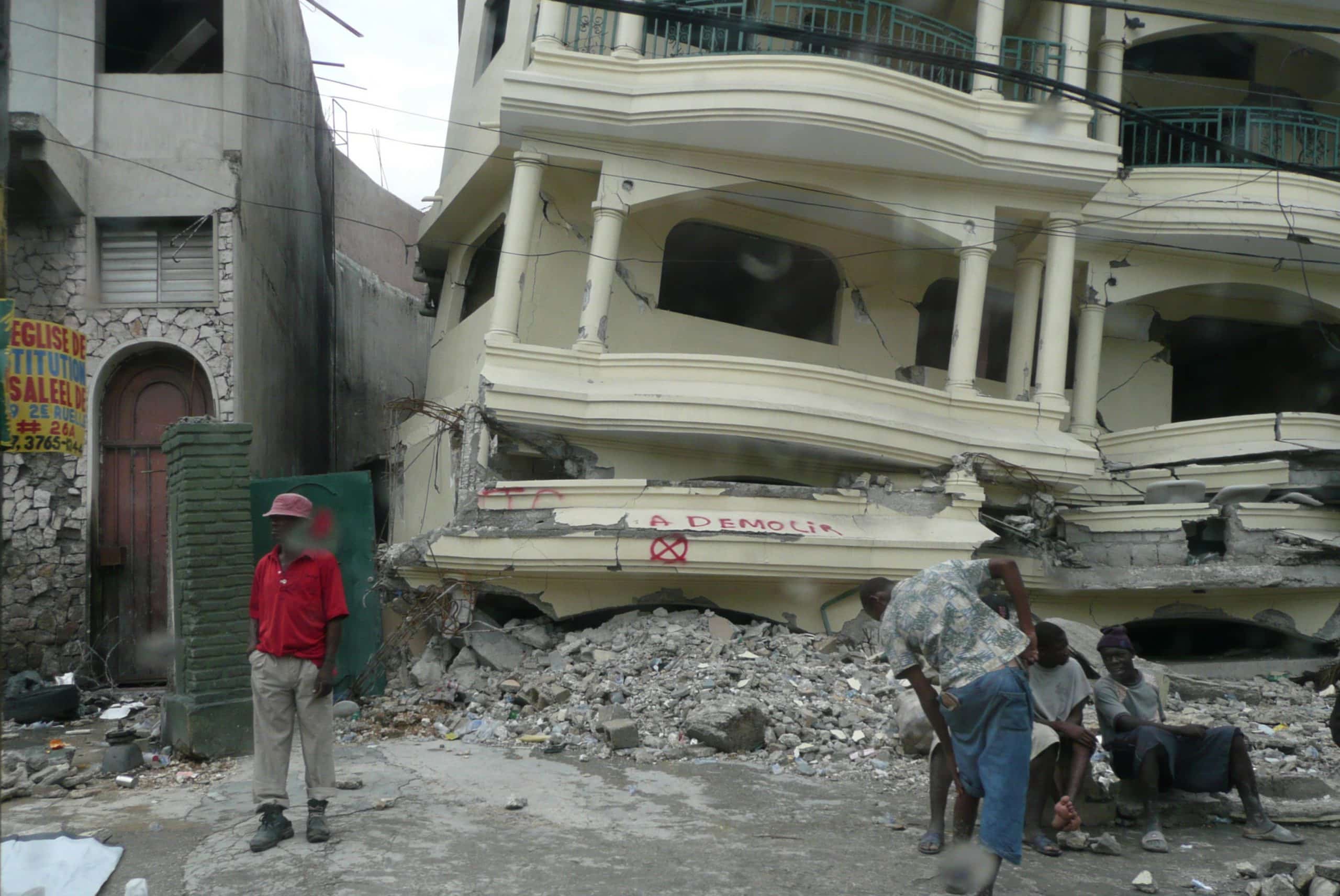
ALIMA begins a surgical project to care for patients injured in the earthquake on January 12, 2010, in Haiti; one of the most devastating earthquakes in modern history.
© ALIMA
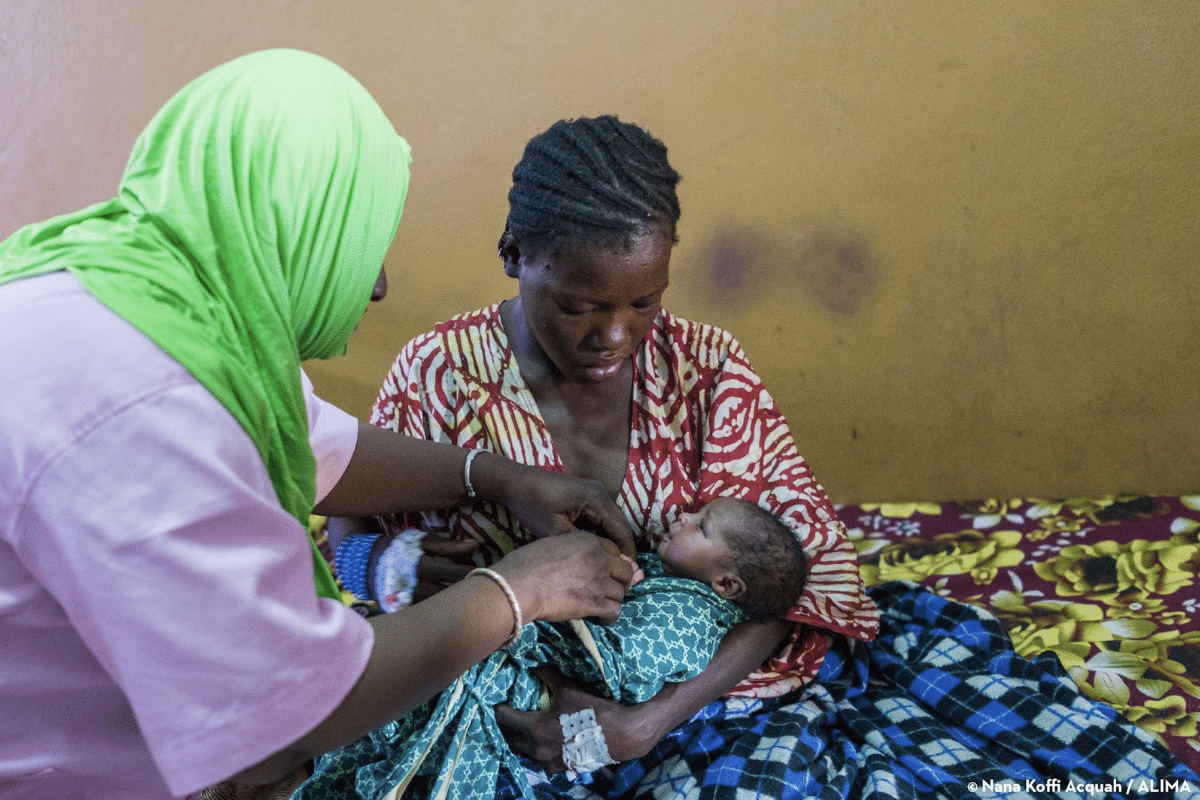
ALIMA starts a project to fight malaria and malnutrition with our Malian partner AMCP-SP, the Medical Alliance against Malaria - Population Health.
© Nana Kofi Acquah / ALIMA
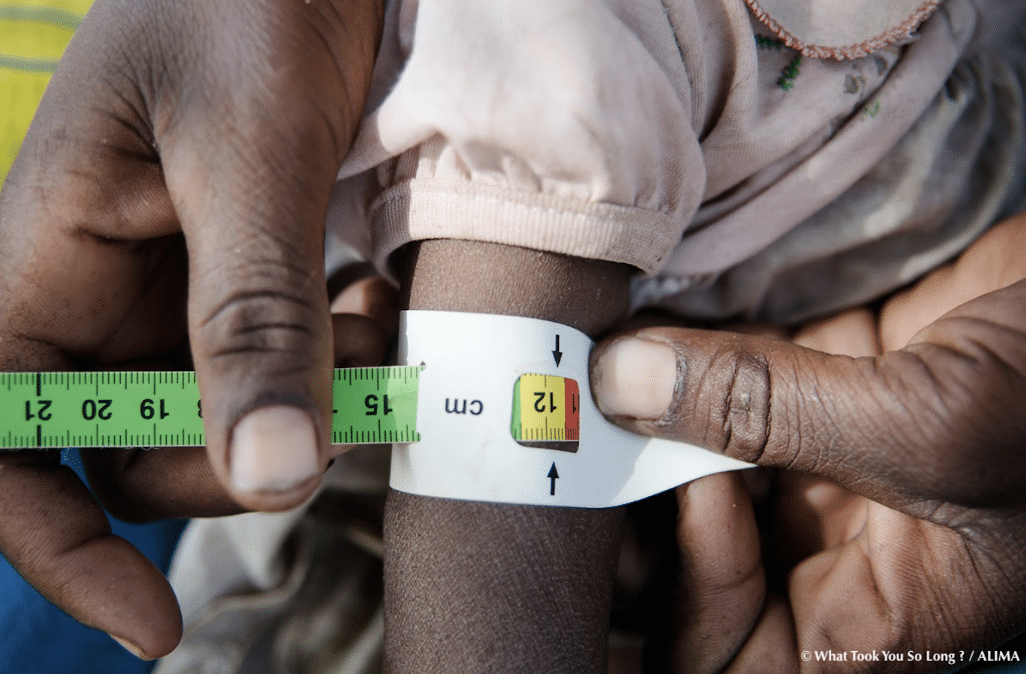
ALIMA begins collaboration with national NGOs Keeogo and SOS Médecins Burkina Faso to treat acute malnutrition among children in the Yako and Boussé health districts.
© What Took You So Long / ALIMA
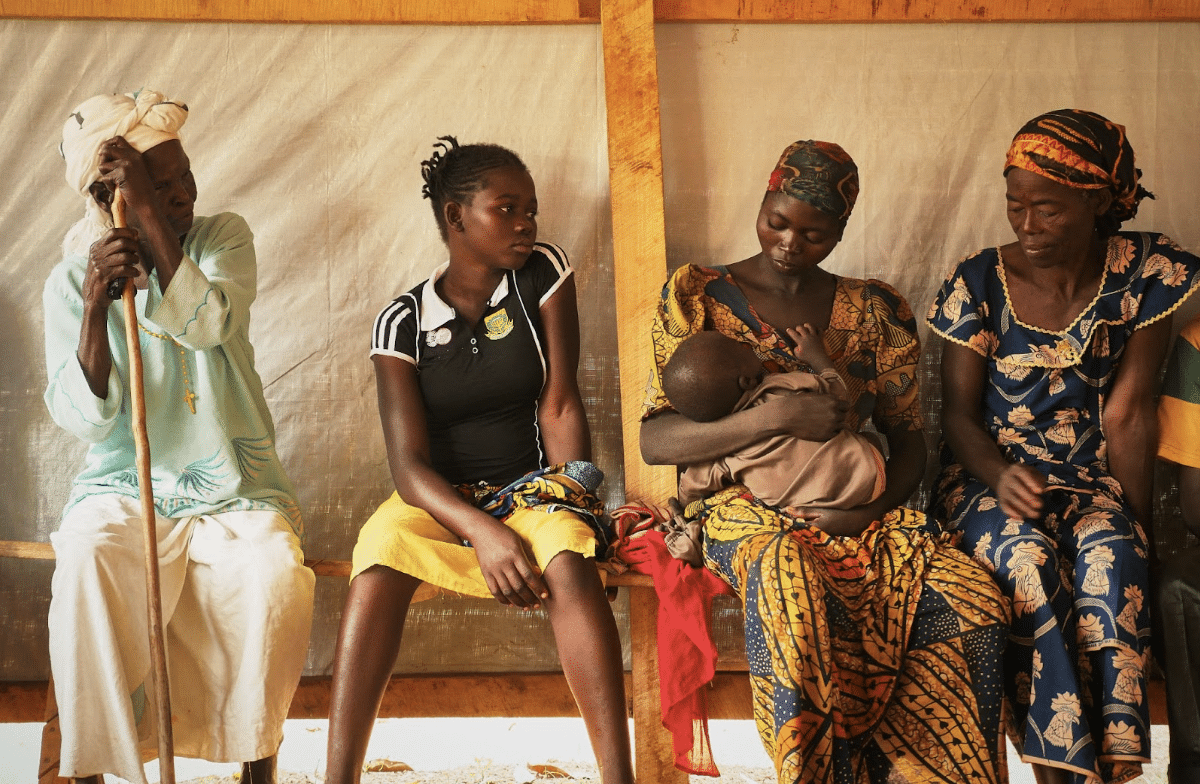
ALIMA launches an emergency response in CAR to care for displaced persons affected by the conflict in the capital Bangui (Battle of Bangui, December 5, 2013).
© Sam Phelps / ALIMA
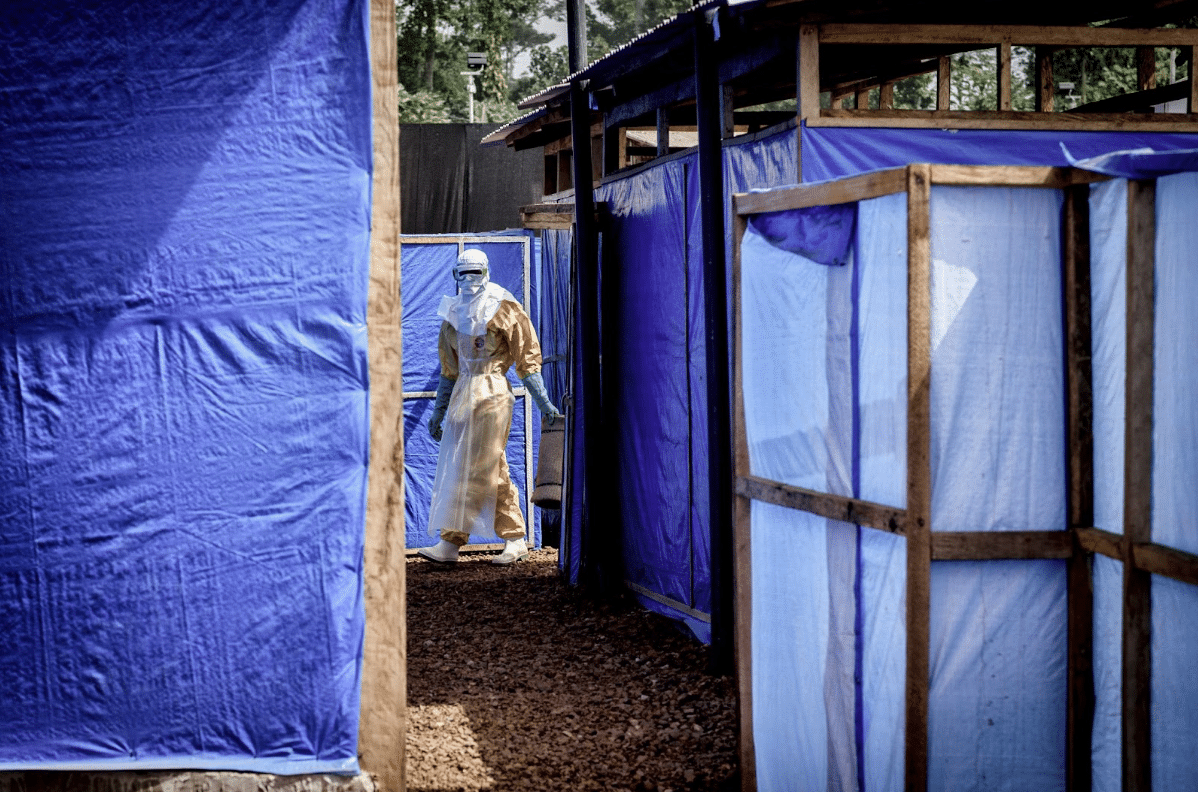
Opening of ALIMA in Guinea and the Ebola Treatment Center in Nzérékoré (capital of the Forested Guinea region), following the first confirmed Ebola cases in March 2014.
© Sylvain Cherkaoui / ALIMA
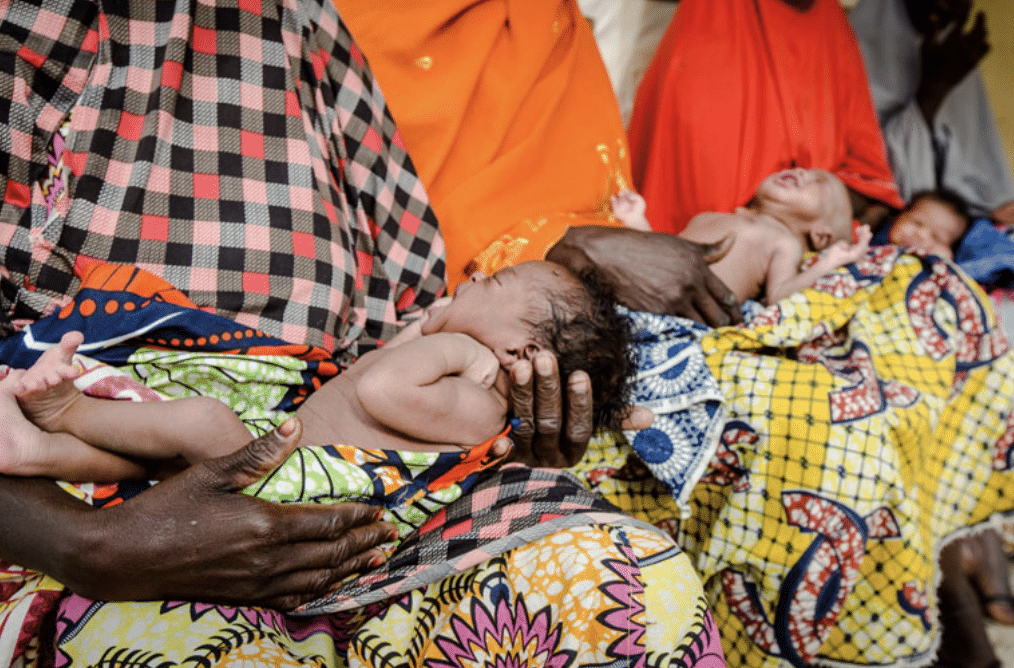
ALIMA starts work in Nigeria, in Borno State bordering Chad, to care for populations affected by the conflict around Lake Chad.
© What Took You So Long / ALIMA
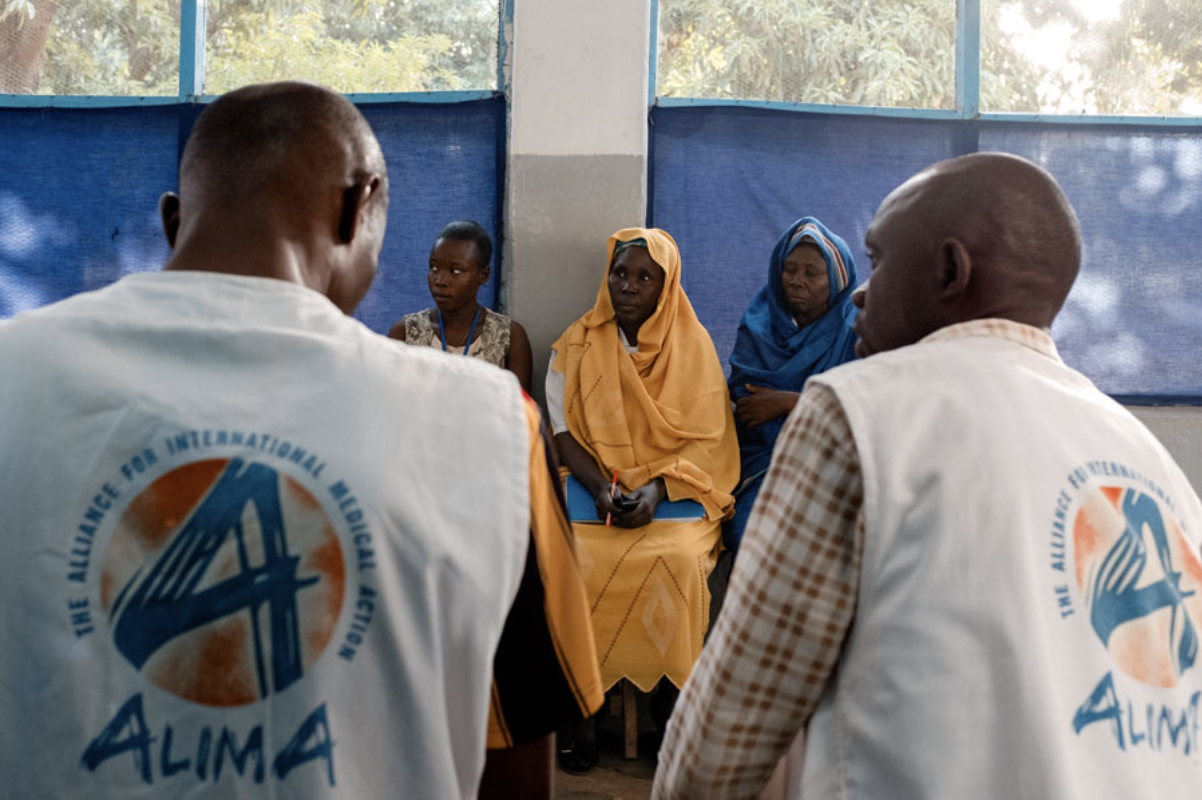
ALIMA begins implementation of a medical project for displaced persons in Raja and Aweil, Northern and Western Bahr el Ghazal states.
© Eymeric Laurent-Gascoin / ALIMA
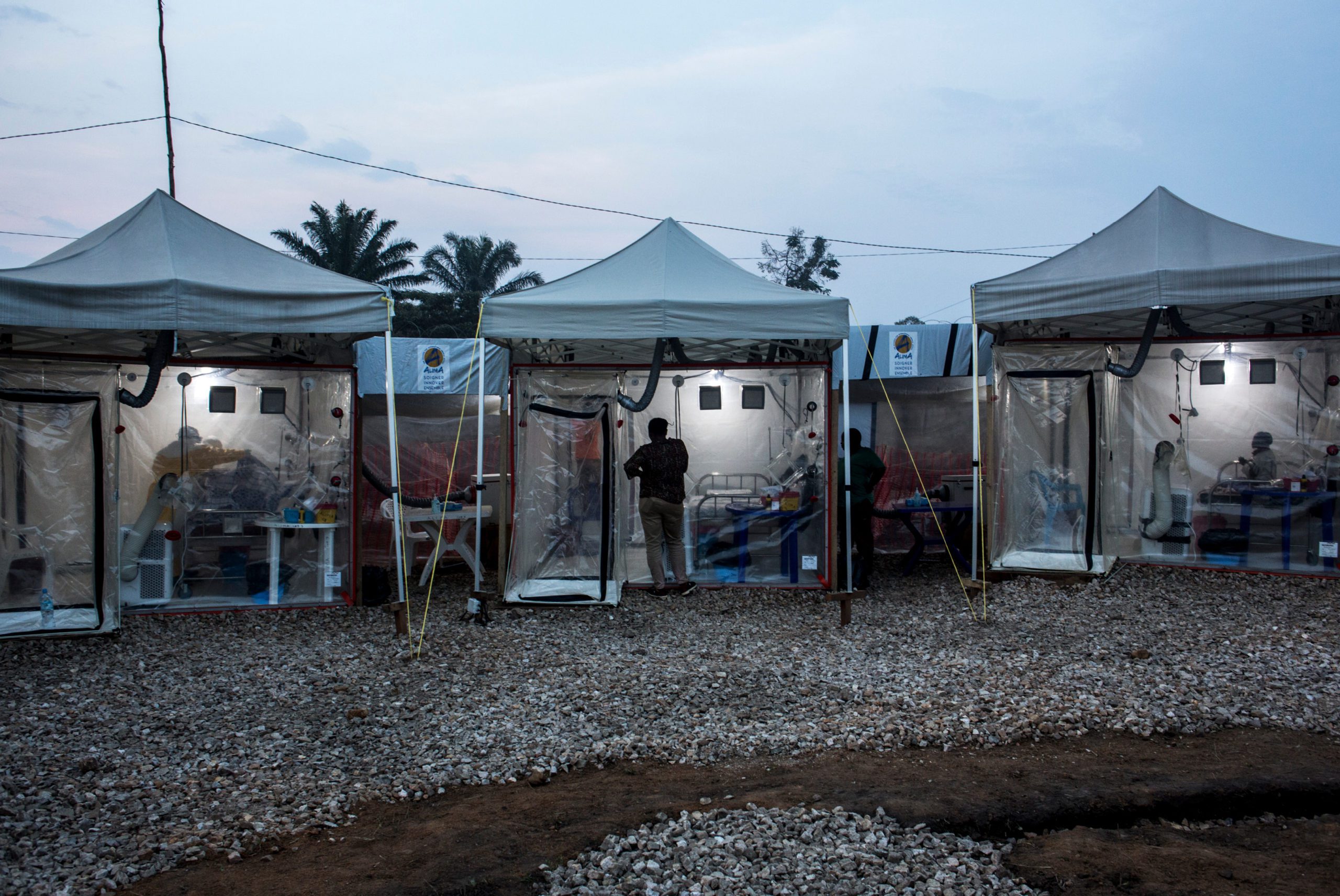
ALIMA deploys its CUBEs (Biosecure Emergency Care Units for Epidemics) during the Ebola outbreak in North Kivu.
© John Wessels / ALIMA
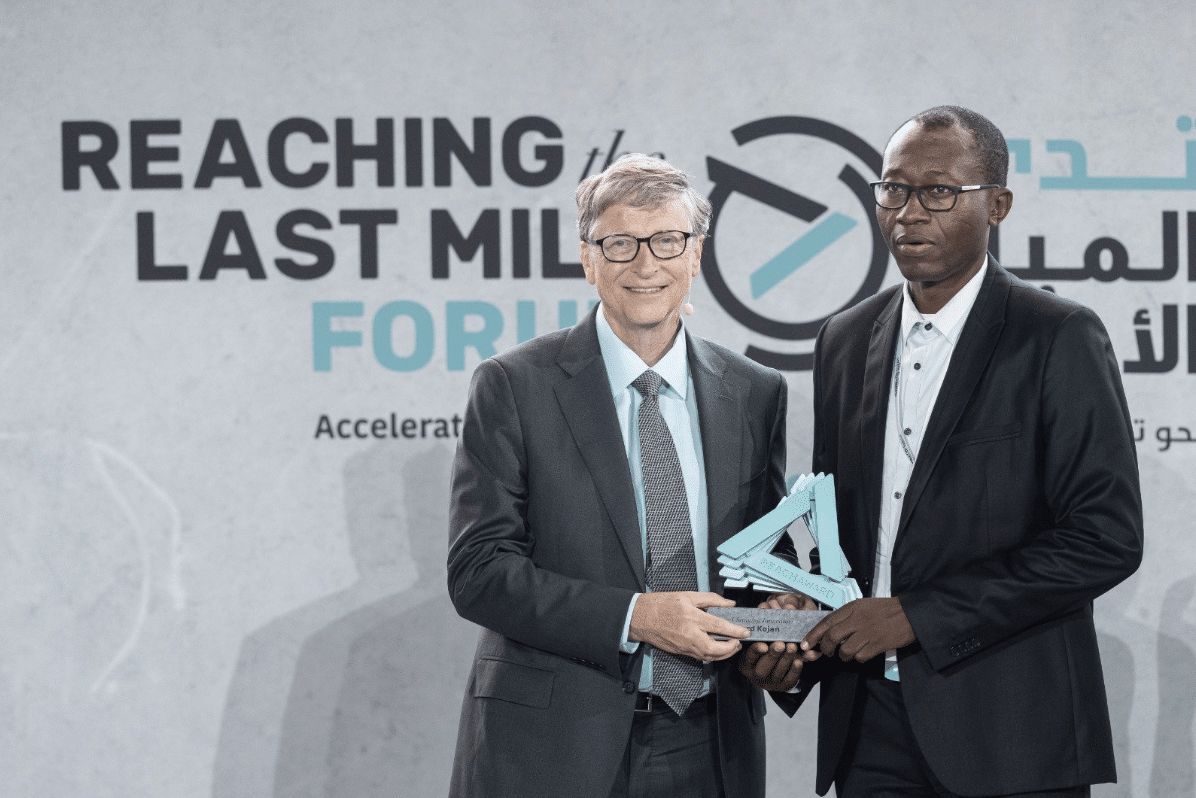
ALIMA wins the Game Changing Innovator Award for the creation of the CUBE, a Biosecure Emergency Care Unit for Epidemics, designed in response to the 2014 Ebola outbreak in West Africa.
© Reaching the Last Mile Forum
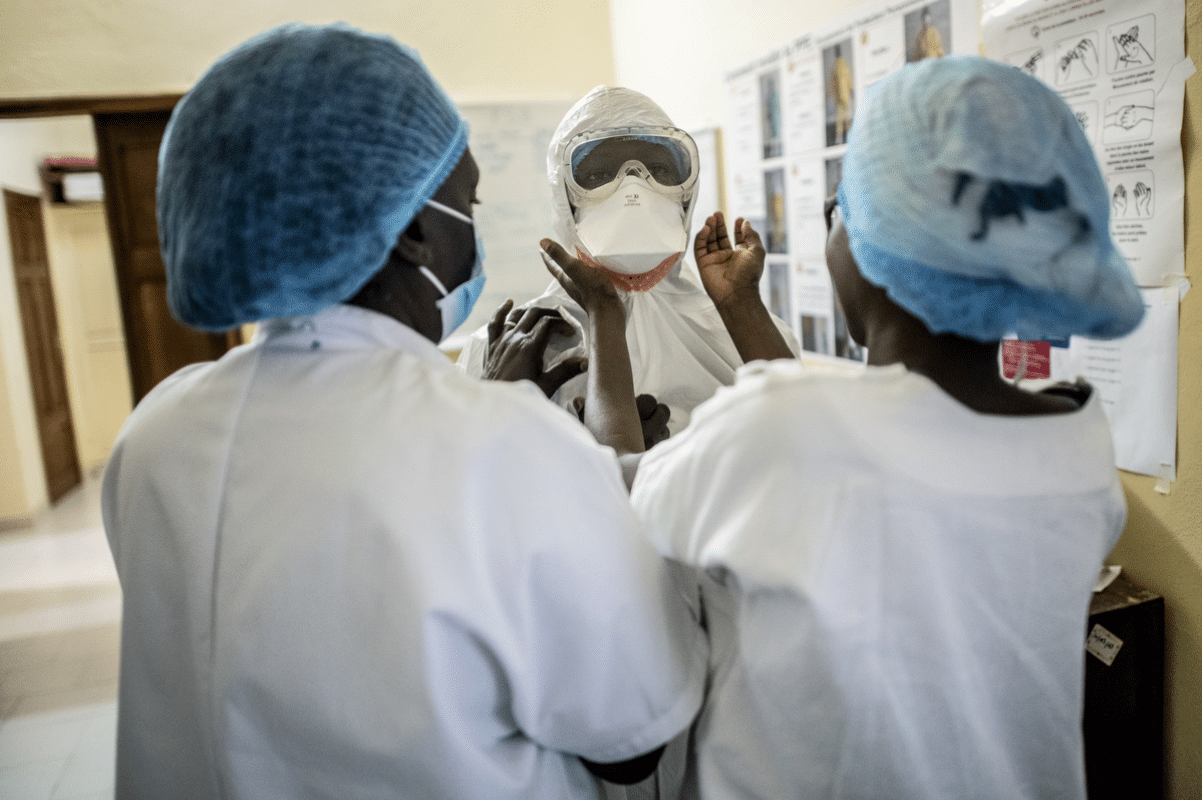
Based on expertise developed responding to Ebola, ALIMA deploys an emergency response to combat the COVID-19 pandemic in its 12 countries of operation.
© Sylvain Cherkaoui / ALIMA
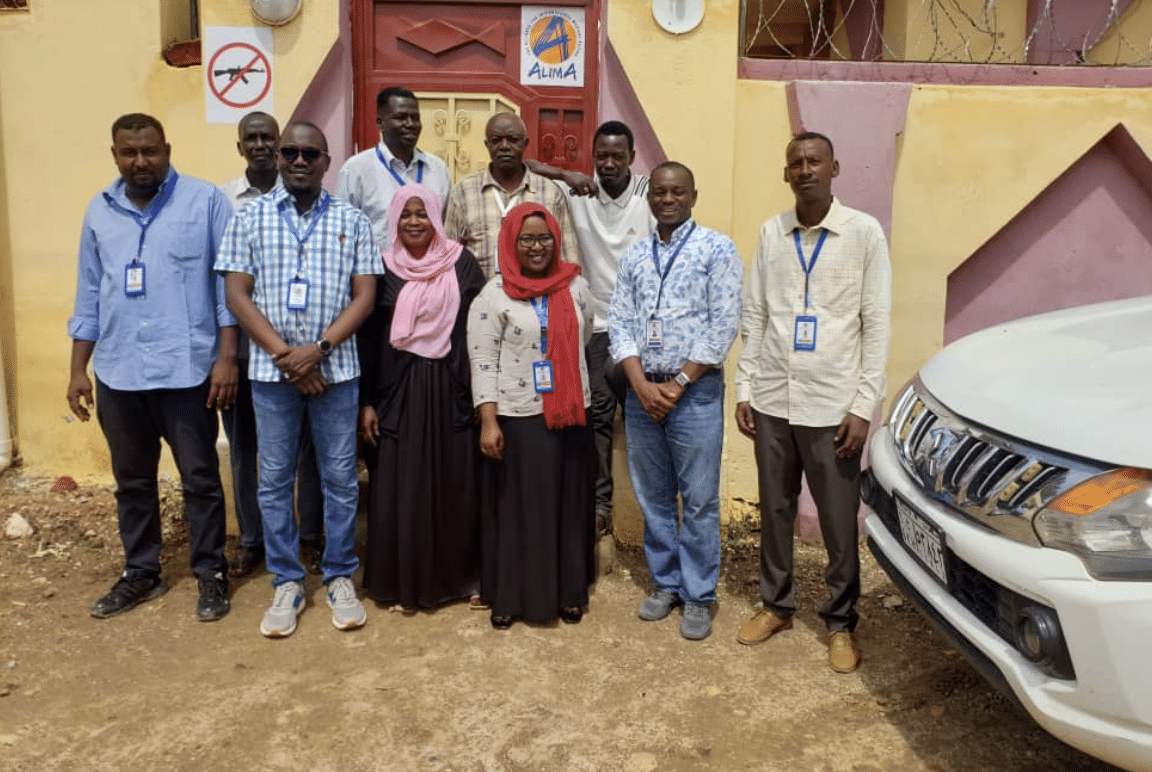
ALIMA begins supporting the Kadugli Hospital maternity ward in South Kordofan, Sudan to provide quality sexual and reproductive health care.
© ALIMA
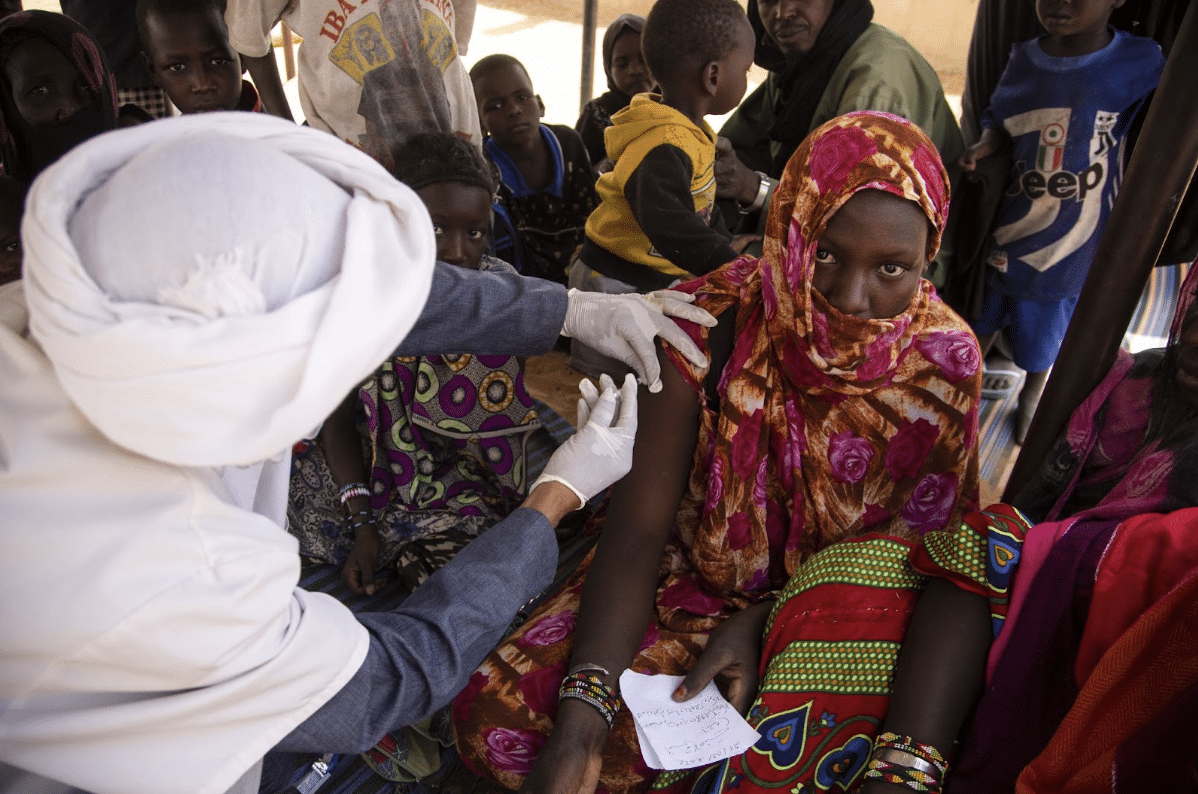
ALIMA continues to support COVID-19 vaccination campaigns to reach some of the most vulnerable communities in eight of its countries of operation.
© Seyba Keita / ALIMA
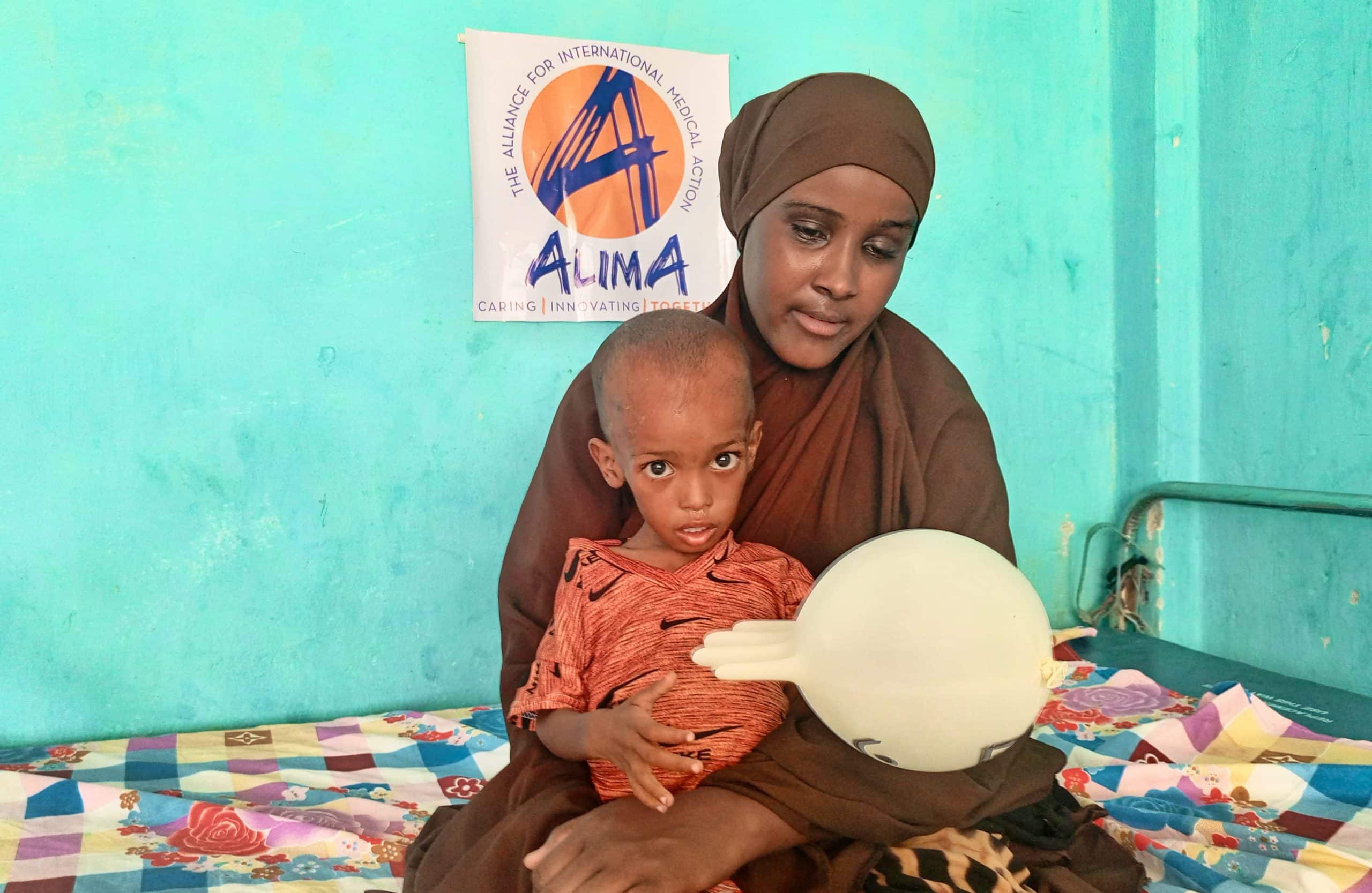
ALIMA starts activities providing medical and nutritional care to drought-affected communities in the Somali region of Ethiopia.
© ALIMA
